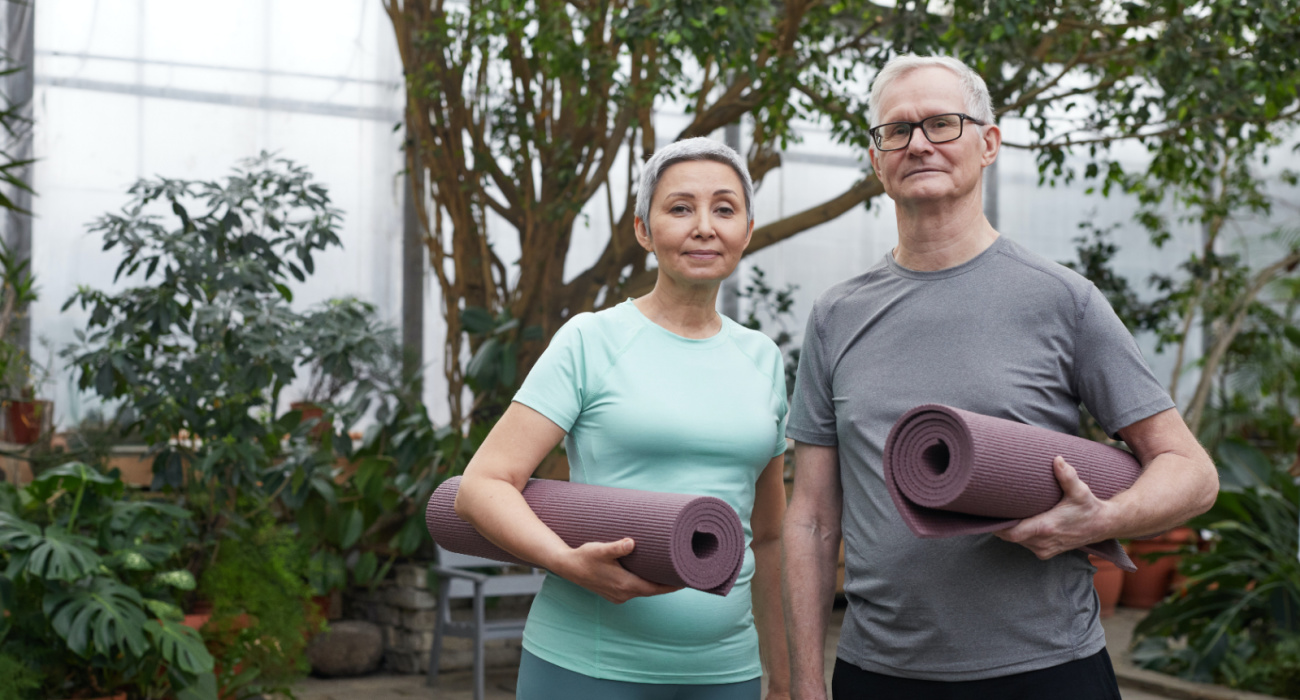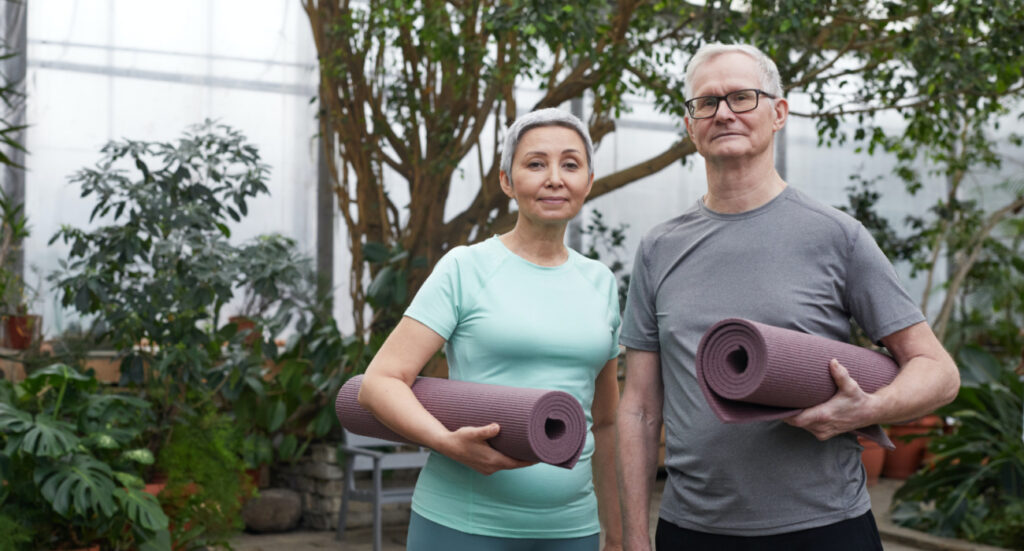
Understanding Osteoporosis: Your Bones and You
Our bones are alive, always changing. They’re built up and broken down continuously. But sometimes, there’s an imbalance. This imbalance leads to osteoporosis, where new bone creation can’t keep up with old bone removal.
Osteoporosis makes bones weak and fragile. A simple fall or minor stress, like bending or coughing, can cause a fracture. The most common fractures occur in the hip, wrist, or spine.
Osteoporosis can affect anyone, regardless of gender or race. However, postmenopausal White and Asian women face the highest risk.

In the early stages, osteoporosis shows no symptoms. But once it’s present, you might experience back pain from fractured vertebrae, a loss in height, a stooped posture, or fractures that happen too easily.
By our early 20s, most of us reach our peak bone mass. As we age, we lose bone mass faster than we gain it. How likely you are to develop osteoporosis depends partly on your peak bone mass. The higher it is, the lower your risk as you age.
Certain factors are beyond our control, like gender, age, race, family history, and body frame size. Women and older age increase risk, and a family history of osteoporosis combined with a smaller frame can also raise your risk.
By our early 20s, most of us reach our peak bone mass. As we age, we lose bone mass faster than we gain it.
Other factors related to hormones, diet, medications, and lifestyle choices matter too:
- Low sex hormones, excess thyroid hormone, or overactive adrenal glands weaken bones.
- Low calcium intake, anorexia, or certain surgeries affecting nutrient absorption can contribute.
- Long-term use of medications like prednisone or cortisone can interfere with bone rebuilding.
- A sedentary lifestyle, insufficient exercise, excessive alcohol, and tobacco use weaken bones.
While older women are more susceptible to osteoporosis, around 20% of Americans with osteoporosis or osteopenia are men. Men also face a higher risk of death after breaking a hip, making osteoporosis a concern for everyone.
If you’ve experienced early menopause, taken corticosteroids for an extended period, or have a family history of hip fractures, consider discussing osteoporosis with an endocrinologist. It’s a condition worth taking seriously for everyone’s long-term health.




